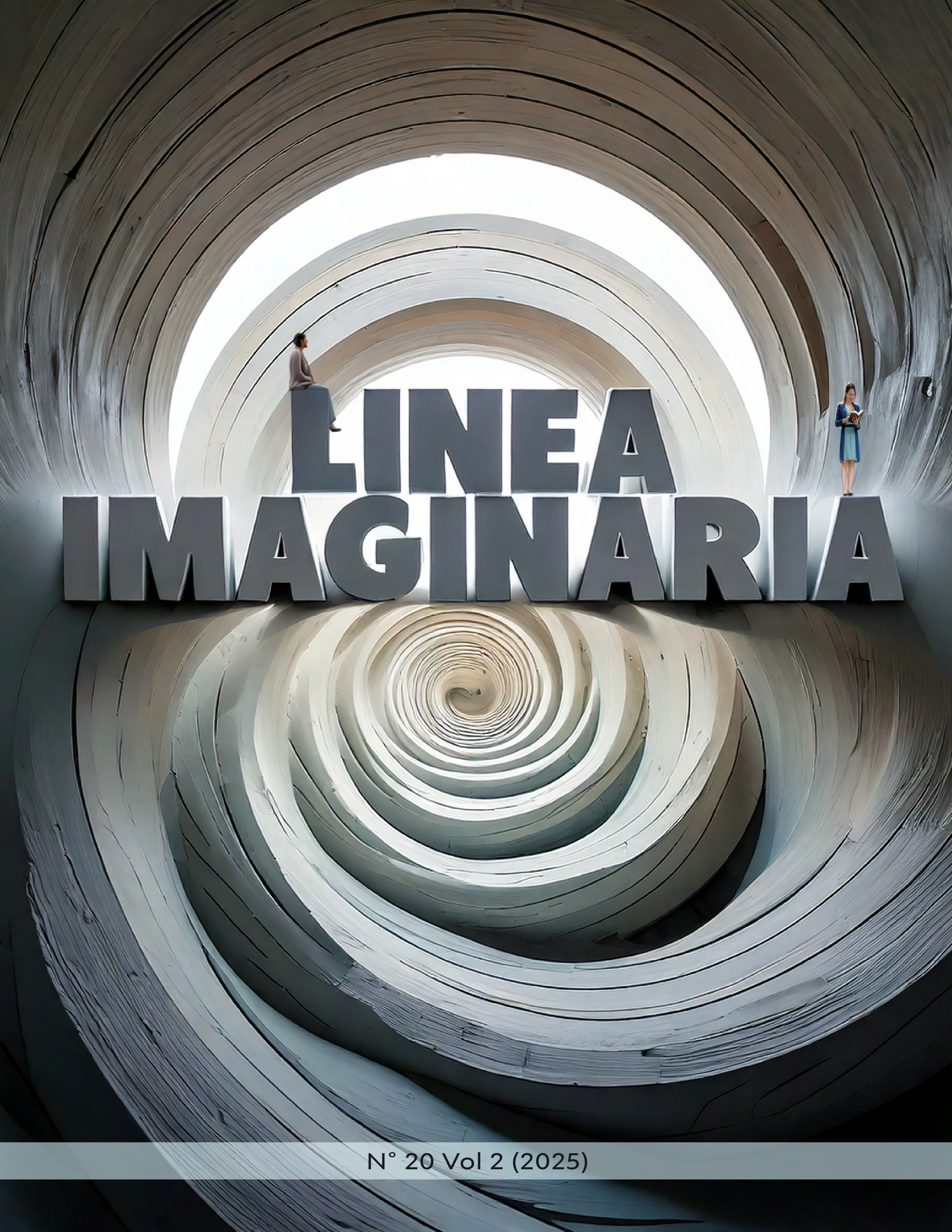THE CHALLENGE OF RURAL EDUCATION IN THE FACE OF TECHNOLOGY
DOI:
https://doi.org/10.56219/lneaimaginaria.v2i20.3751Keywords:
Rural education, technology, educational technologiesAbstract
Rural education in Colombia presents many challenges and disadvantages compared to the reality presented by education in urban areas in our country, which is why a study is shown that has as its general objective: To understand the challenges that technology poses for school environments in rural areas in the Colombian territory. Therefore, it is essential to carry out a documentary review of the aspects that have a positive and negative impact on the teaching of children and adolescents in these scenarios, in addition to knowing the potentialities and possibilities offered by the incursion of technology in rural schools. Among the results, the researchers express that the necessary electronic devices can be established to take advantage of the benefits offered by technology in schools that are located in rural areas, because in this way the teaching and learning processes will be updated and optimized, which will result in better results in the academic activities assigned to students and in the comprehensive education of students. In conclusion, emphasis should be placed on promoting the progressive improvement of the school realities experienced and lived in rural educational institutions, and another option is to implement didactic strategies based on play that aim to maintain joy, attention and motivation in the classroom, and that, in turn, can be alternated with those derived from the use of technologies.
Downloads
References
Branch Bedoya, J., & Jiménez Builes, J. (2007). Ambiente instruccional asistido por computador para el entrenamiento de personal en aprovechamiento y explotación de recursos minerales. Boletín de Ciencias de La Tierra, 21, 39– 48. https://www.redalyc.org/articulo.oa?id=169513313004
Camdepadrós, R y Pulido, C. (2009). La sociología de la educación desde la pedagogía crítica Teoría de la Educación. Educación y Cultura en la Sociedad de la Información, vol. 10, núm. 3, noviembre, 2009, pp. 56-73 Universidad de Salamanca, España.
Campaña Voces que Cuentan en Colombia (2022).
Carrero, M. y González, M. (2019). La Educación Rural en Colombia. Experiencias y Perspectivas.
Const., 1991. (1991). Constitución política de Colombia [Const.] (1991). http://www.secretariasenado.gov.co/senado/basedoc/constitucion_politica_19 91.html
Decreto 1075 de 2015.
Departamento Administrativo Nacional de Estadística (DANE, 2019).
Departamento Administrativo Nacional de Estadística (DANE, 2021)
Díaz, A. (2011). Competencias en educación. Corrientes de pensamiento e implicaciones para el currículo y el trabajo en el aula Revista Iberoamericana de Educación Superior, vol. II, núm. 5, 2011, pp. 3-24 Instituto de Investigaciones sobre la Universidad y la Educación. México.
Encuesta Longitudinal de Colombia (2017).
Flecha, R y Puigvert, L. (1998). Aportaciones de Paulo Freire a la Educación y las Ciencias Sociales. Universitat de Barcelona.
Hernández, R. Gamboa, J. y, Ayala, C. (2014). Metodología de la Enseñanza en Entornos Virtuales.
Ley 115 de 1994. Ley General de Educación. Congreso de la República de Colombia, Santa Fe de Bogotá, Colombia. 8 de febrero de 1994. http://www.mineducacion.gov.co/1621/articles85906_archivo_pdf.pdf
Ministerio de Educación Nacional de República Dominicana (2016). Lineamientos curriculares.
Organización de las Naciones Unidas (ONU) a través de la Organización de las Naciones Unidas para la Educación, la Ciencia y la Cultura (UNESCO). República de Corea en el año 2015.
Silva, J. (2014). Metodología de la Investigación. Ediciones Co-Bo. Caracas Venezuela.
Sunkel, G. Trucco, D. y Espejo, A. (2018). La Integración de las Tecnologías Digitales de América Latina y el Caribe. Una mirada Multidimensional.
Downloads
Published
How to Cite
Issue
Section
License
Copyright (c) 2025 LÍNEA IMAGINARIA

This work is licensed under a Creative Commons Attribution-NonCommercial-ShareAlike 4.0 International License.
La revista Línea Imaginaria conserva los derechos patrimoniales (copyright) de las obras publicadas, que favorece y permite la reutilización de los mismos bajo la licencia Creative Commons Atribución-NoComercial-CompartirIgual 4.0 , por lo cual se pueden copiar, usar, difundir, transmitir y exponer públicamente, siempre que se cite la autoría y fuente original de su publicación (revista, editorial, URL y DOI de la obra), no se usen para fines comerciales u onerosos y se mencione la existencia y especificaciones de esta licencia de uso. Si remezcla, transforma o crea a partir del material, debe distribuir su contribución bajo la misma licencia del original.














